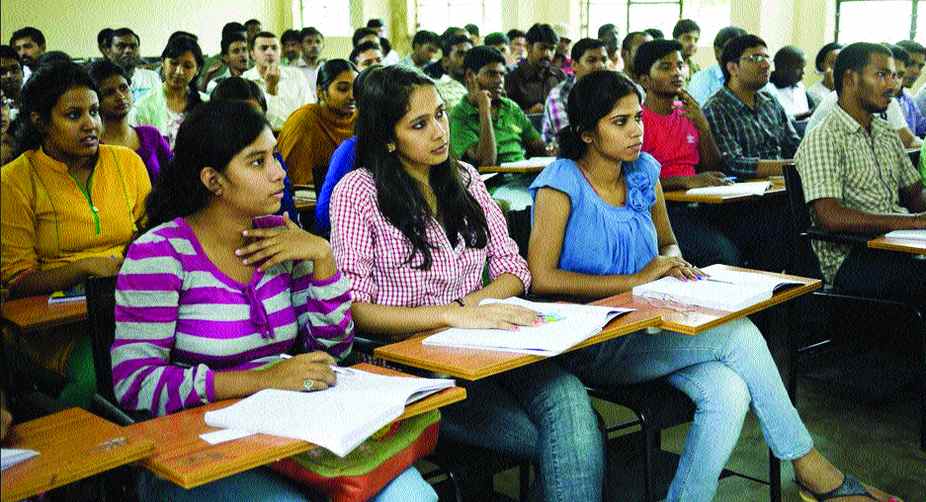Two popular pillars of education in India and elsewhere in Asia — “high-stakes” tests and private tuitions — have been denounced by Unesco as harmful to students and the goals of education.
“There is extensive evidence showing that high-stakes tests based on narrow performance measures can encourage efforts to ‘game the system’, negatively impacting on learning and disproportionately punishing the marginalised,” the Paris-based educational, scientific and cultural arm of the UN said in its annual Global Education Monitoring Report released this week.
Advertisement
The report also came out against private tuition, which it said “can increase students’ academic burden and stress”.
“While remedial or individualised help may benefit students, the time and money allocated to tutoring can undermine student well-being and strain household budgets,” the report said.
It also blamed tuitions for worsening inequality in education, saying, “Better-educated households in urban areas with children attending private schools were more likely to pay for private tutoring.”
The report cited a study published in 2016 that said that in India in 2007-8 about 40 per cent of urban secondary students received private tutoring, compared with about 26 per cent of rural students.
Explaining the findings of the report, the Unesco Director-in-Charge of it, Manos Antoninis, told reporters on Thursday that in some countries “there is an attempt to use test scores to hold teachers and schools accountable, to sanction them.”
“But we draw attention to the fact in particular that it is a tool that has not worked,” he said.
“On the contrary it is a tool that is (to the) detriment of what it is precisely to be supposed to be doing because it narrows curriculum, forces teachers to teach to the test.”
At the same time it was very important for having a system to evaluate how learning is accomplish so citizens can hold governments accountable, Antonini said. For this there were “extremely sophisticated systems” developed in many countries as alternatives to the tests, he said.
“But trying to impose those, export those to countries with weaker capacities is quite a complicated story,” he added. “So the report urges that one needs to be careful, building the capacity of the systems and not making unrealistic assumptions about what is possible.”
“We don’t want to see a narrowing of the agenda on very narrow performance measures and then use those to sanction teachers and schools, because that has the potential for very negative consequences on education.”
The report also criticised the growing inequalities in higher education. In countries like India, “elite research universities received more public funds and often charged higher tuition and other fees,” it said.
“Meanwhile, comprehensive or non-elite colleges and technical institutes received less public funding and charged their students lower tuition.”
The high-stakes tests are a great source of stress for students, taking a serious toll on their mental and physical health. According to the Indian National Crime Records Bureau statistics, 2,672 students committed suicide in 2015 because of failure in exams.











